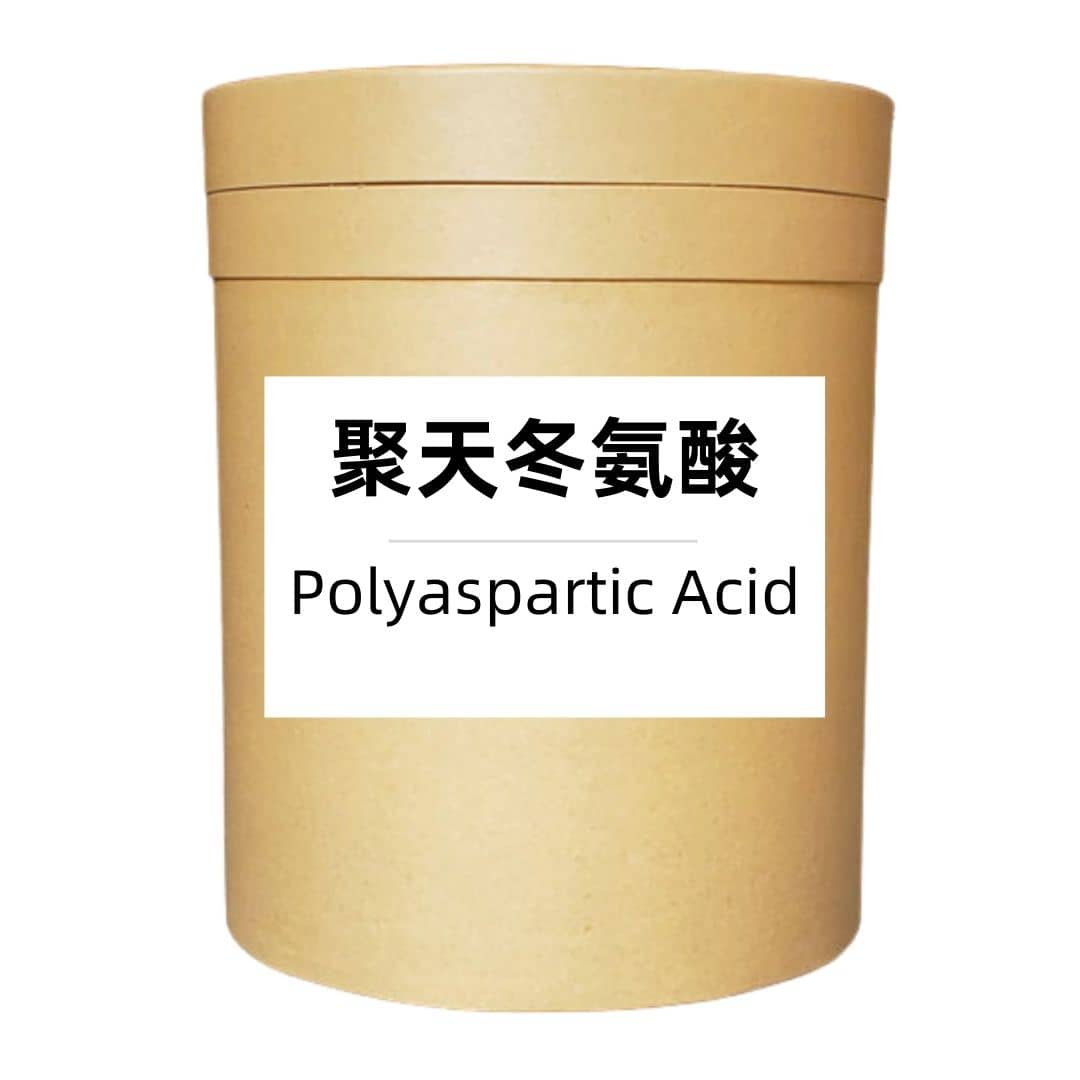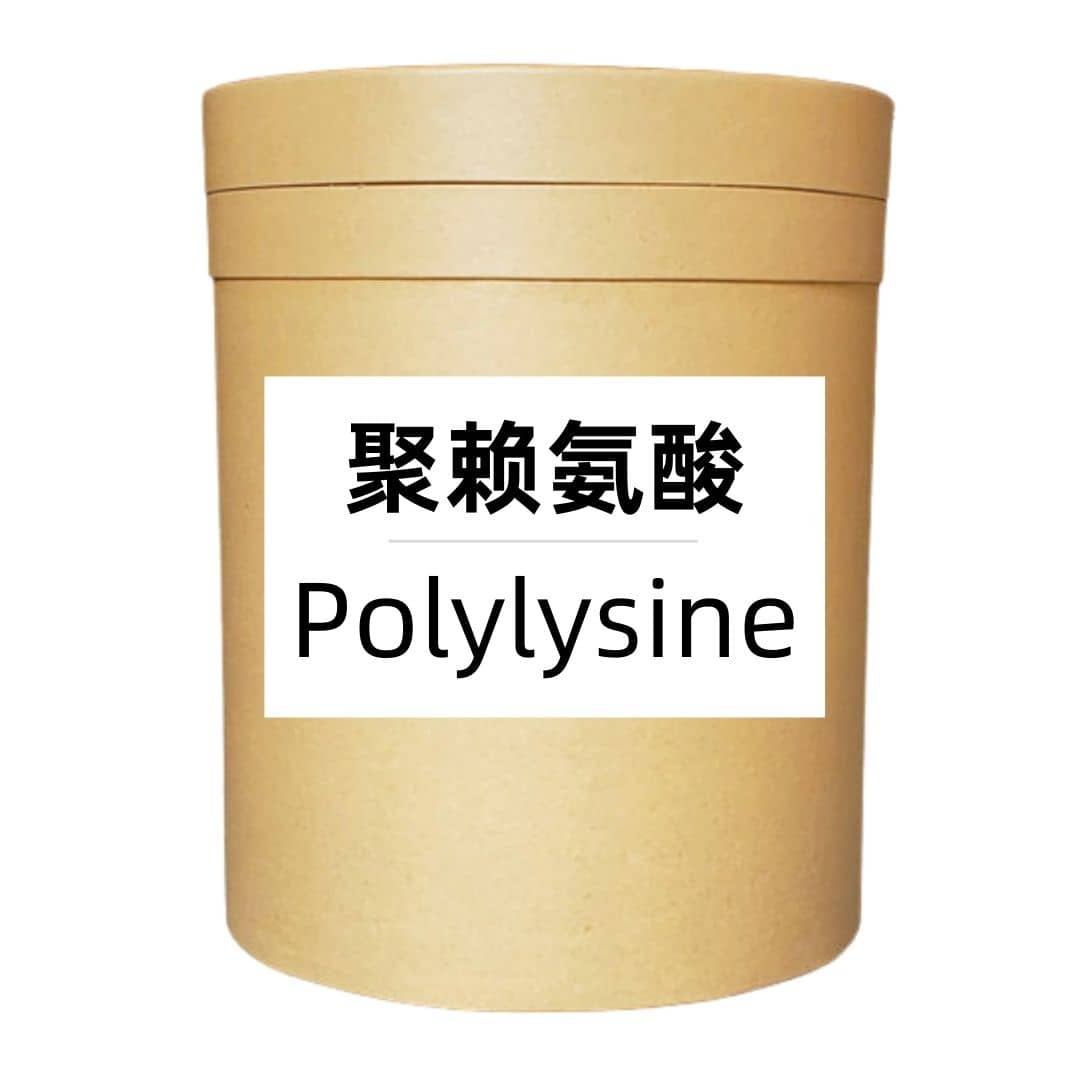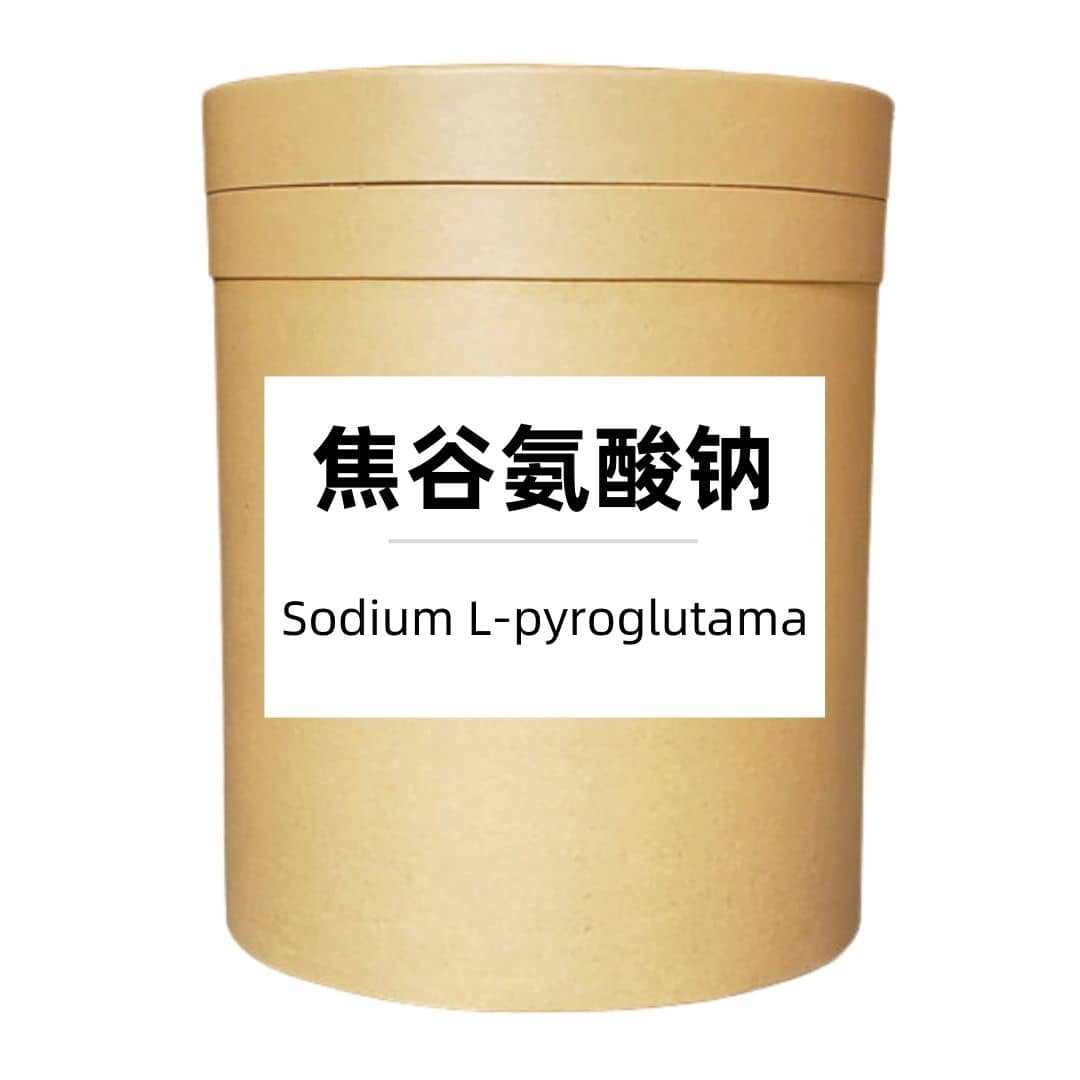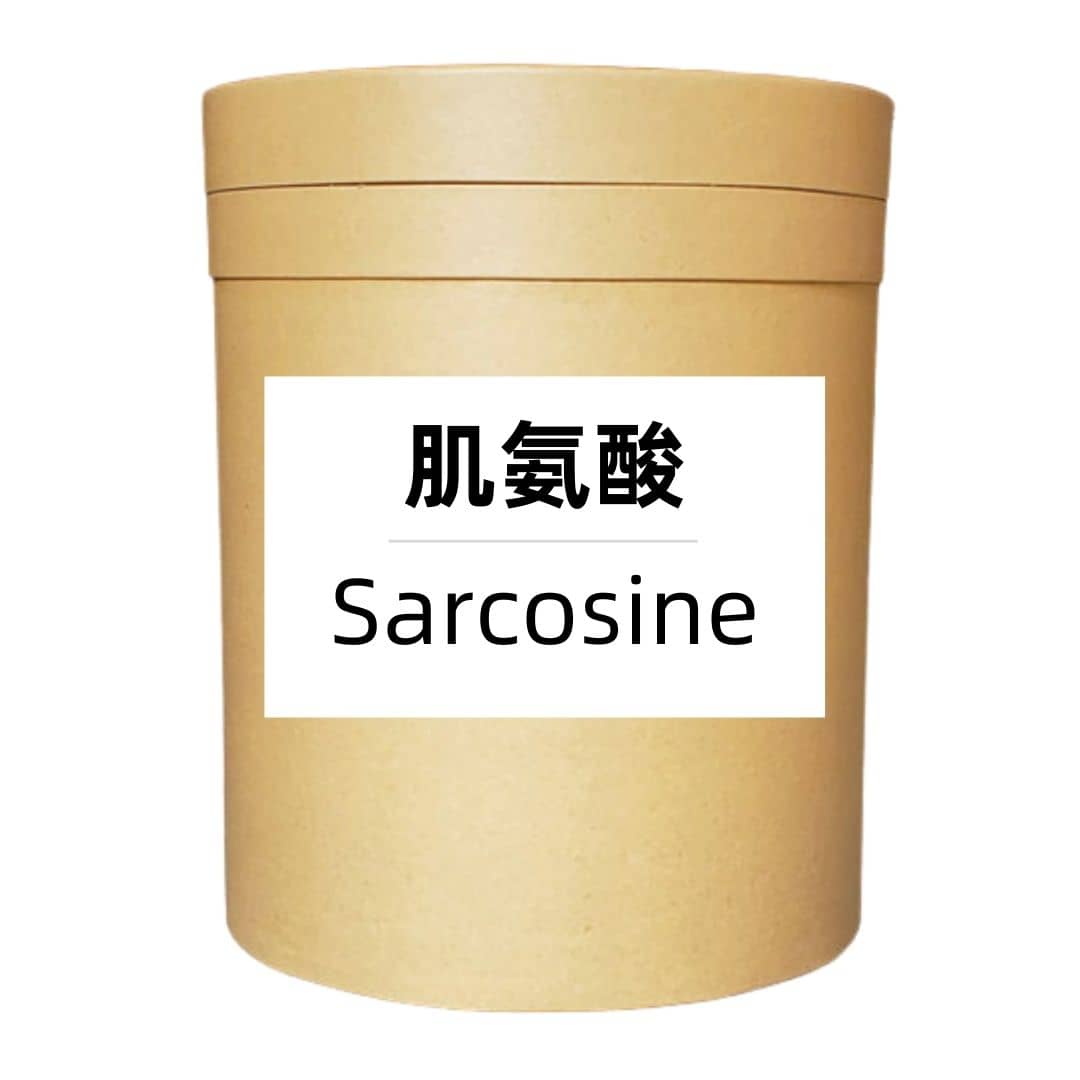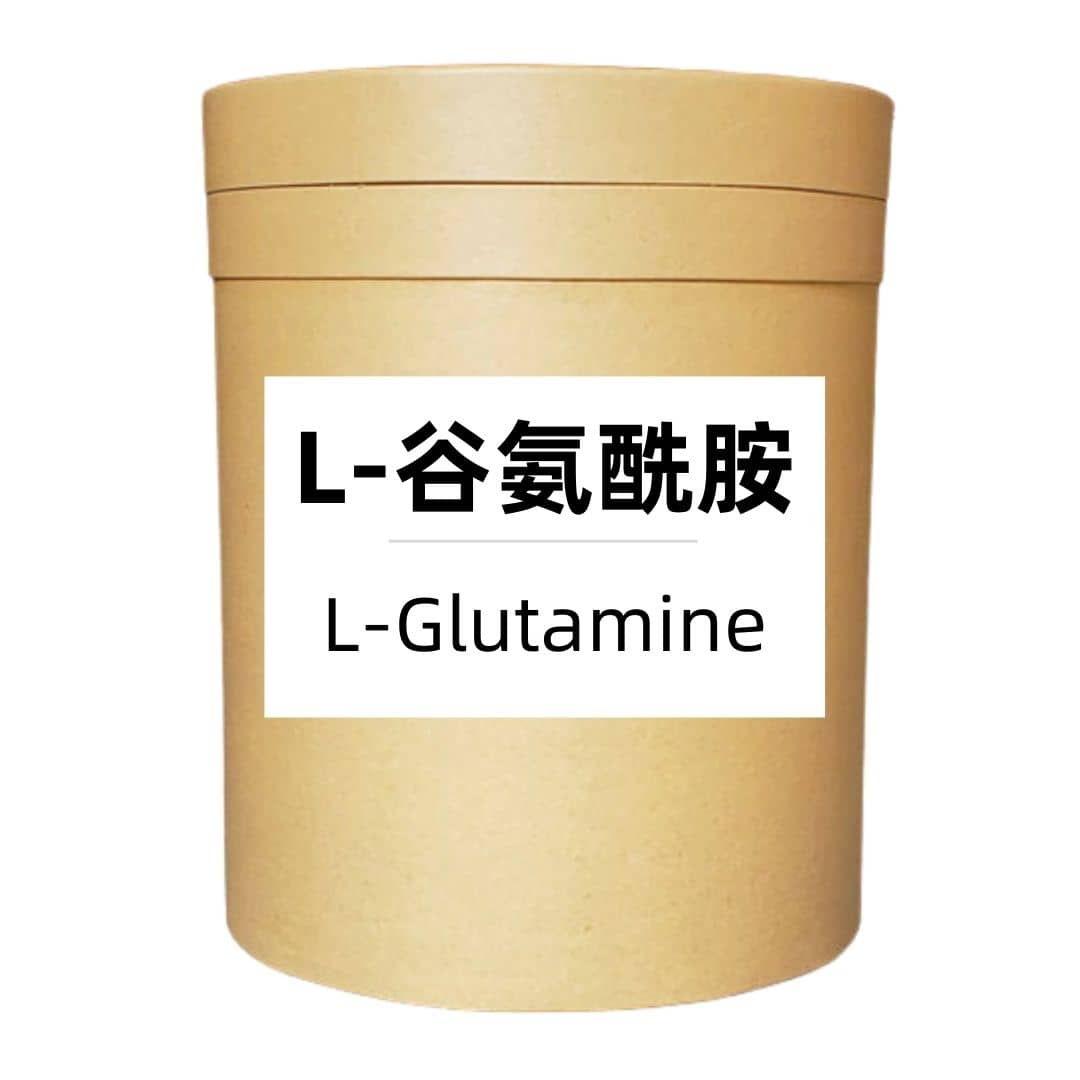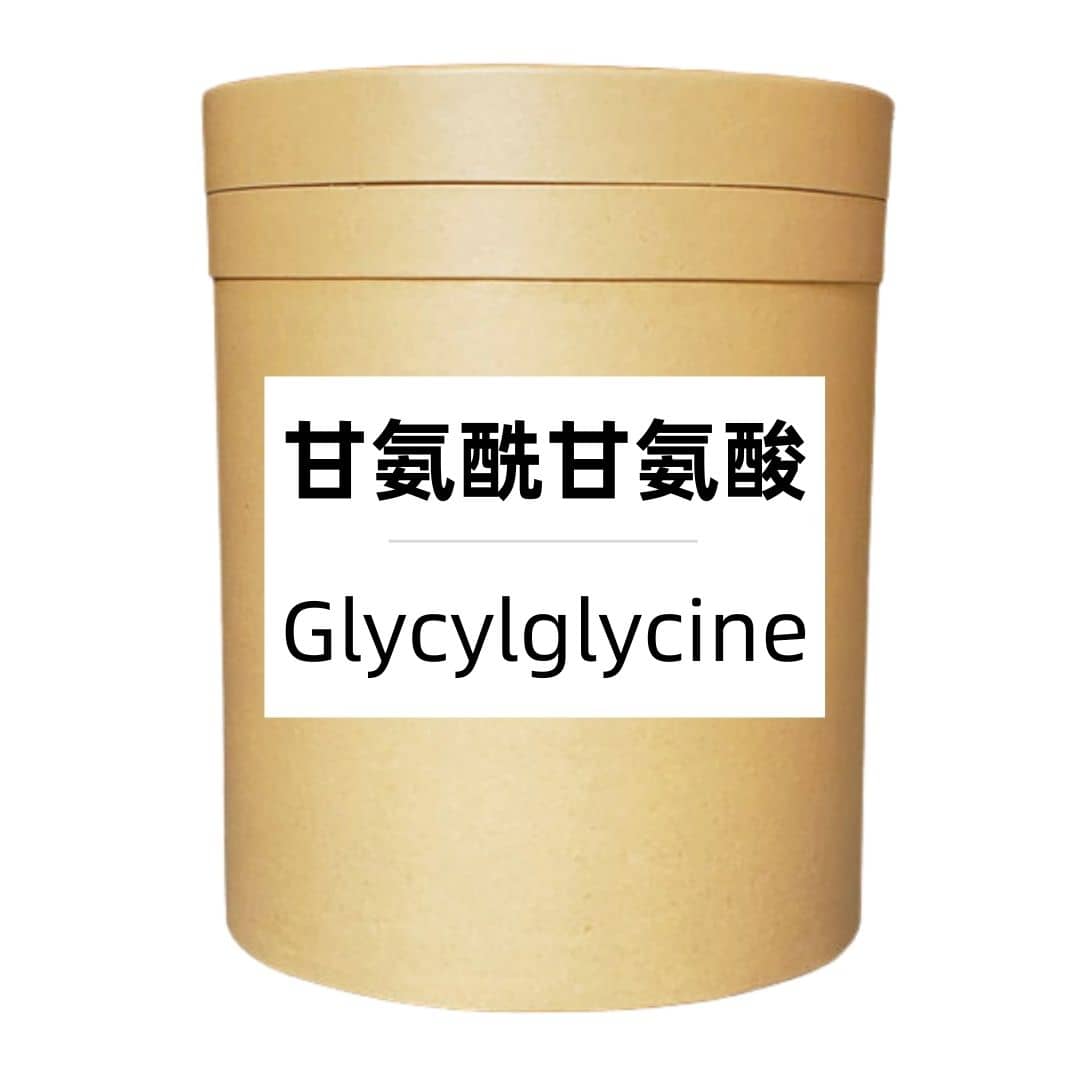Product Introduction
Cysteine Hydrochloride is the hydrochloride salt form of cysteine, produced by reacting cysteine with hydrochloric acid. It is a colorless or white crystalline powder commonly used as a pharmaceutical and chemical reagent. Cysteine Hydrochloride can be used both in vivo and in vitro, playing crucial roles in pharmaceutical formulations and experimental operations.
As a medication, Cysteine Hydrochloride is used to treat certain diseases and symptoms. It has antioxidant, detoxifying, and anti-inflammatory properties, helping to alleviate tissue damage and promote wound healing. Additionally, Cysteine Hydrochloride is used as an adjunct treatment for gastrointestinal ulcers, relieving gastrointestinal discomfort and accelerating tissue repair.
In laboratories, Cysteine Hydrochloride is commonly used as a chemical reagent. It functions as a reducing agent, oxidizing agent, and antioxidant in chemical synthesis and organic reactions. It is also utilized in protein structure research and analysis, modifying protein conformation and properties to address protein structure issues.
Production Process
The production process of Cysteine Hydrochloride primarily involves the reaction of cysteine with hydrochloric acid. This reaction occurs under appropriate conditions, typically involving mixing cysteine with hydrochloric acid in a specific molar ratio and heating with stirring for a period of time. Through reaction and subsequent crystallization, filtration, and drying steps, the white crystalline powder product of Cysteine Hydrochloride is obtained.
During the production of Cysteine Hydrochloride, it is essential to comply with relevant regulations and guidelines to ensure product quality and safety. This includes selecting and sourcing raw materials, controlling and monitoring the production process, and inspecting and evaluating product quality. Implementing rational processes and quality control measures ensures the stable quality and safety standards of Cysteine Hydrochloride products.
Application Scenarios
Cysteine Hydrochloride has extensive applications in medicine and chemical laboratories. As a medication, it is used to treat gastrointestinal ulcers and certain tissue damage-related diseases. In chemical laboratories, Cysteine Hydrochloride is used as a reducing agent, oxidizing agent, and antioxidant in organic reactions and chemical synthesis. Additionally, it is widely used in protein structure research and analysis.
When using Cysteine Hydrochloride, it is crucial to follow the recommended usage methods and dosages based on the specific application purposes and requirements. Ensuring safe and appropriate use of Cysteine Hydrochloride will help achieve the best application results.
Packaging and Storage
Storage Conditions: This product should be sealed, protected from light, stored in a dry, cool, and well-ventilated place away from high temperatures.
Packaging: Bulk packaging in 25kg cardboard drums; samples in 1kg aluminum foil bags; customizable packaging per customer requirements.
Transportation: By courier or logistics; domestic courier delivery within three days, logistics delivery within five days. Quotes typically include domestic transportation costs.
Shelf Life: Two years.
Monica Sun possesses extensive technical expertise and market insights in the food additives industry. She excels in designing efficient and safe additive formulations tailored to various food applications, ranging from sweeteners to functional dietary fibers. Monica has successfully assisted food manufacturers in optimizing ingredient combinations to enhance product quality and improve consumer satisfaction.









